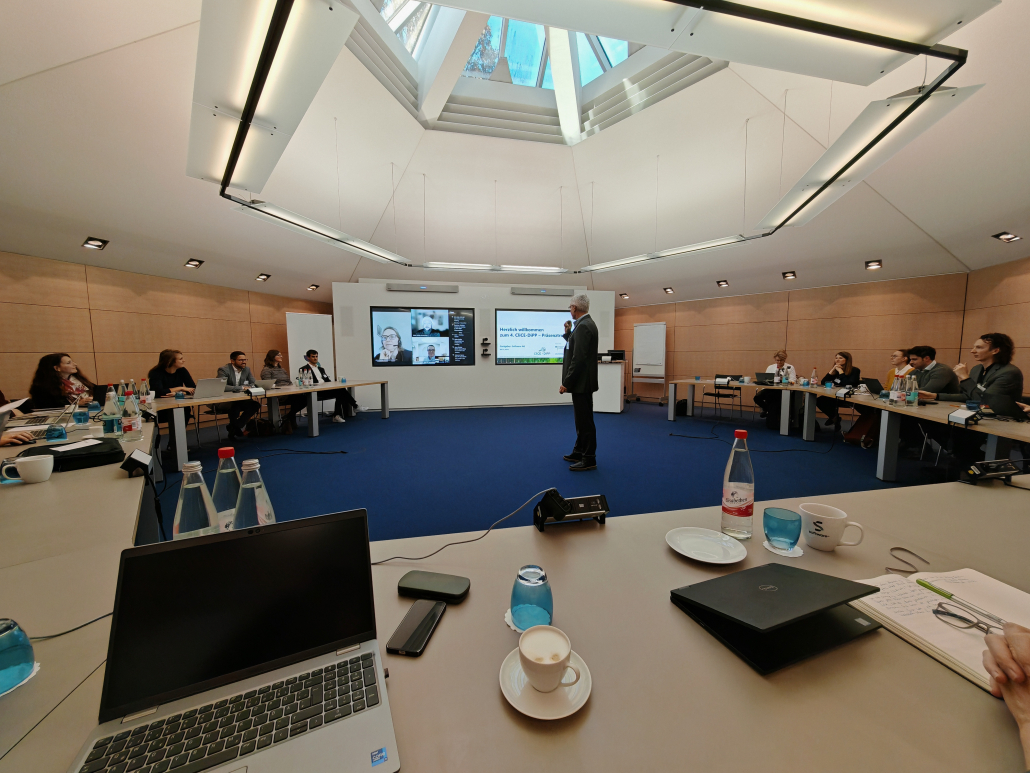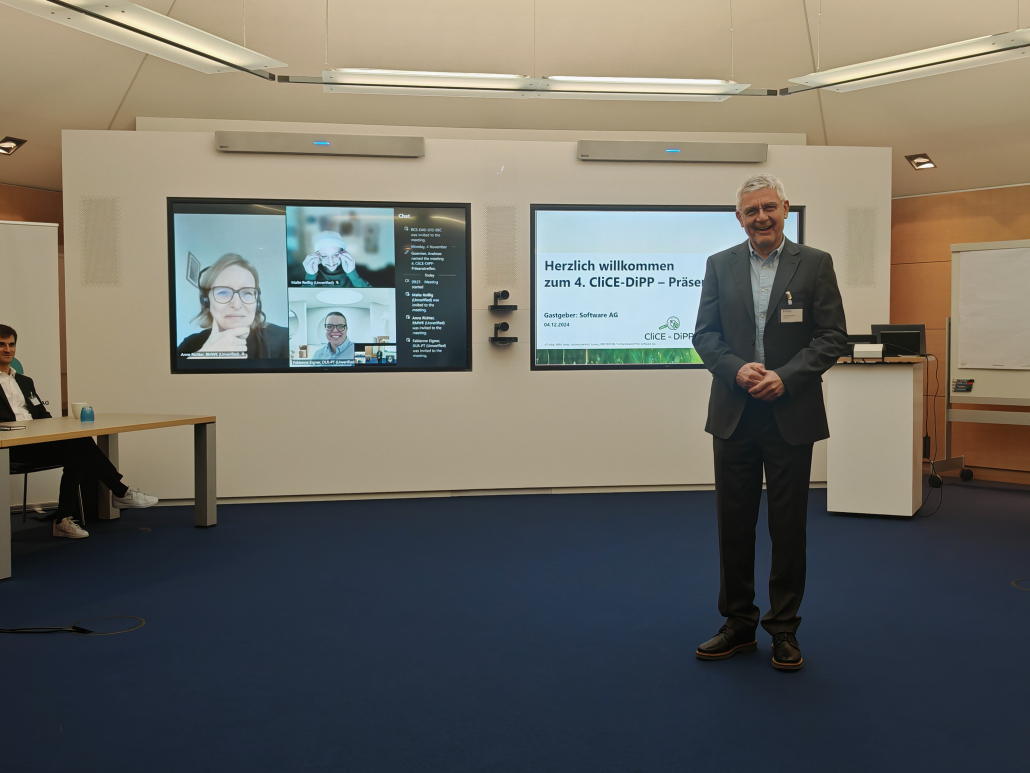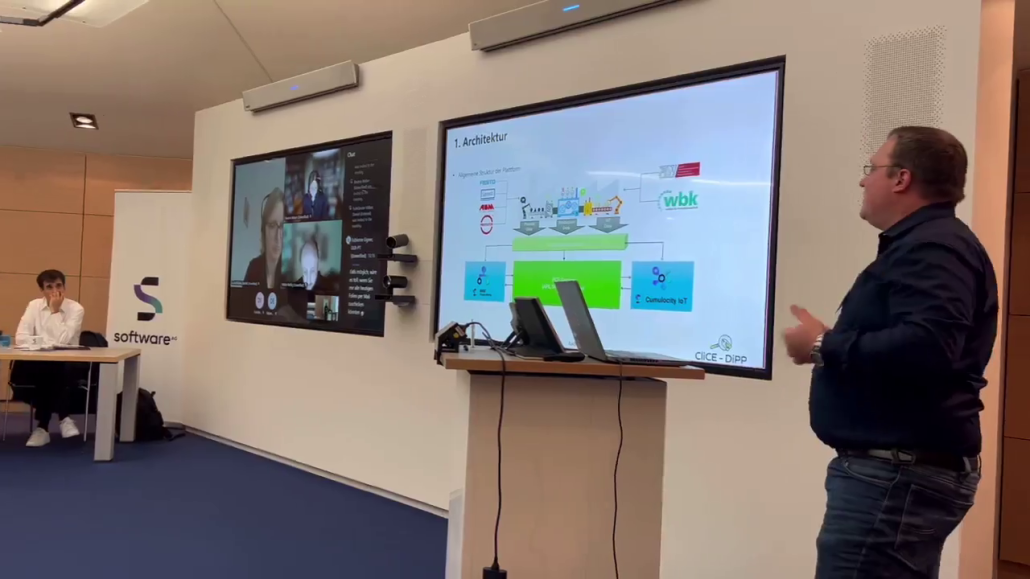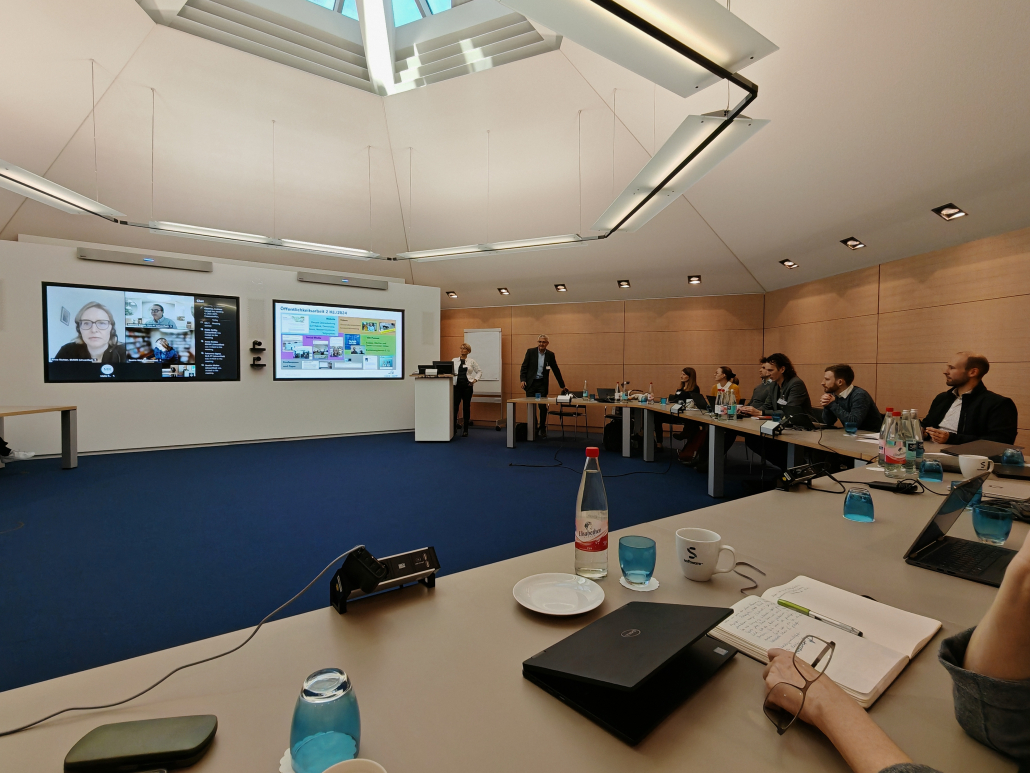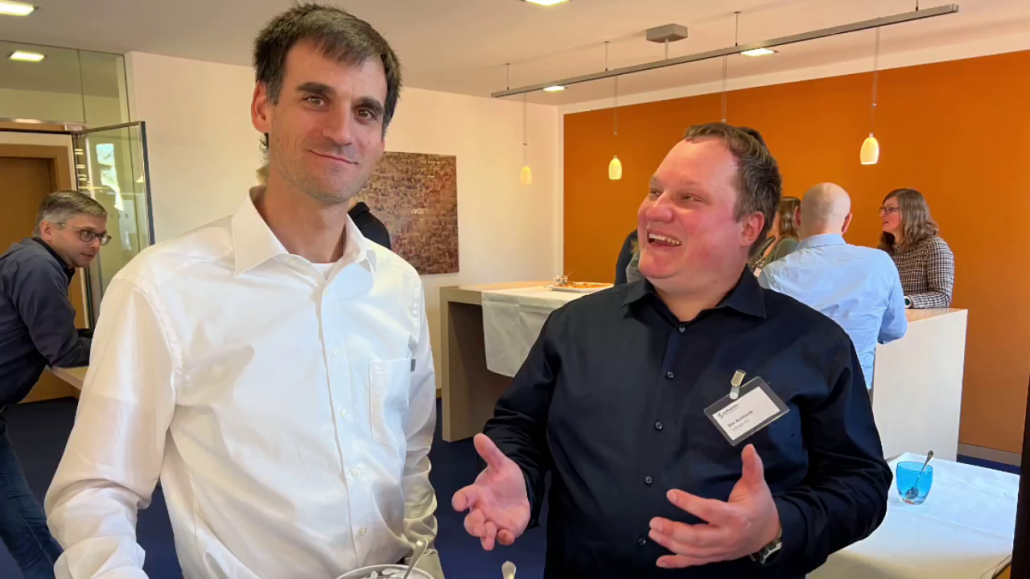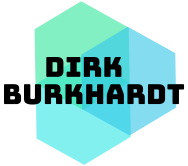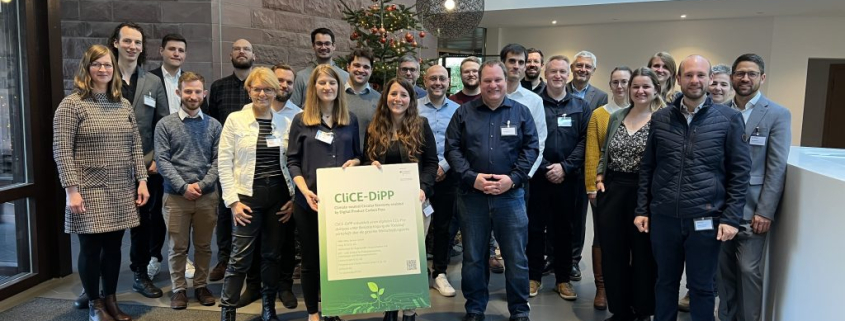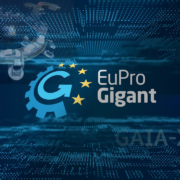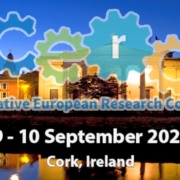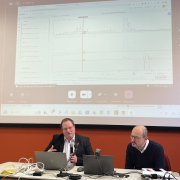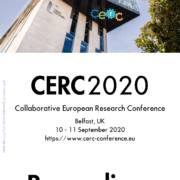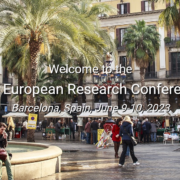CliCE-DiPP Consortium Meeting in Darmstadt
Yesterday, the semi-annual consortium meeting of the CliCE-DiPP research project took place once again – this time at the premises of Software AG in Darmstadt. The current interim results, which are certainly presentable, were presented and discussed. It is exciting to see how the original vague idea of a digital CO2 product passport and the inclusion of a circular economy approach is increasingly turning into a technically practicable implementation and how suitable business models are developing. This would not only demonstrate an implementation of the increasingly stricter legal requirements with regard to CO2 disclosure but would even create economic approaches that would allow new or further business models and thus also open up potential new sources of income for companies.
Specifically, the CliCE-DiPP project aims to develop a digital CO2 product passport that contains all relevant sustainability and energy data across companies, using the metalworking industry and measuring equipment sector as an example. The progress made with the digital product passport (DPP) and DPP exchange platform is particularly exciting. Together with the application partners, we simulated how big the impact of such a passport can be. Network and AI-supported production control directly at shopfloor level, i.e. in the production environment, play a role here. By using Process Mining, it is possible to analyze the time and resource consumption of individual workpieces very precisely. Not only can specific manufacturing costs be precisely recorded and compared with each other, but additional consumption from reworking processes and their frequency can also be evaluated.
Another exciting point was the legal data governance model, which was applied specifically to the requirements of the new Eco-Design-Regulation. Here it became clear how legal framework conditions can be meaningfully integrated into practice. The progress made in PTW’s FlowFactory was similarly exciting. Here it was shown how the transition from individual workstations to networked production can be achieved. The first days of production have already confirmed the functionality of the lean value stream. The event concluded with the design of the most promising business models in the direction of circularity and sustainability based on the findings of the project.
